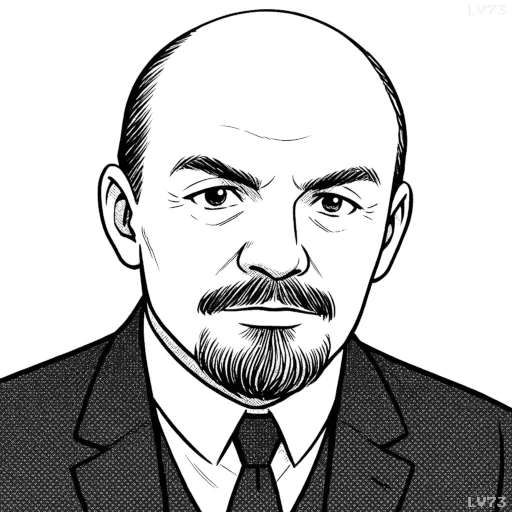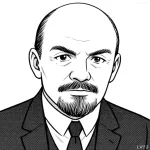“Sometimes – history needs a push.”

- April 22, 1870 – January 21, 1924
- Born in the Russian Empire
- Revolutionary, political theorist, lawyer, state leader
table of contents
Quote
“Sometimes – history needs a push.”
Explanation
This quote reflects Lenin’s belief in the necessity of revolutionary action to accelerate the course of history. Lenin recognized that historical processes often unfold slowly, driven by complex economic, social, and political forces, but he believed that at key moments, human agency — particularly revolutionary action — could alter the trajectory of history. The phrase “history needs a push” suggests that revolutionaries and leaders play a crucial role in shaping events, especially when the existing system is stagnating or failing to meet the needs of the people. Lenin viewed himself and the Bolshevik movement as playing that role in the Russian Revolution, seizing the opportunity to accelerate the collapse of the Tsarist regime and bring about a socialist state.
Historically, this quote highlights Lenin’s approach to the Russian Revolution of 1917, where he and the Bolsheviks believed they could “push” history forward by taking advantage of the political instability caused by World War I and the February Revolution. Lenin felt that revolution was necessary to achieve socialist change and that waiting for perfect conditions or gradual reform would only prolong the suffering of the working class. The “push” was an active intervention in the unfolding of history, one that sought to direct the flow of events towards a socialist future, regardless of the risks and challenges involved.
In modern terms, this quote remains relevant in the context of movements seeking to reshape societal structures. Whether in economic, political, or social reform, the idea that “history needs a push” can inspire action during moments of crisis or opportunity. It raises the question of whether social change should wait for gradual progress or be actively driven by movements and leaders ready to confront and transform existing power structures.
Would you like to share your impressions or related stories about this quote in the comments section?
